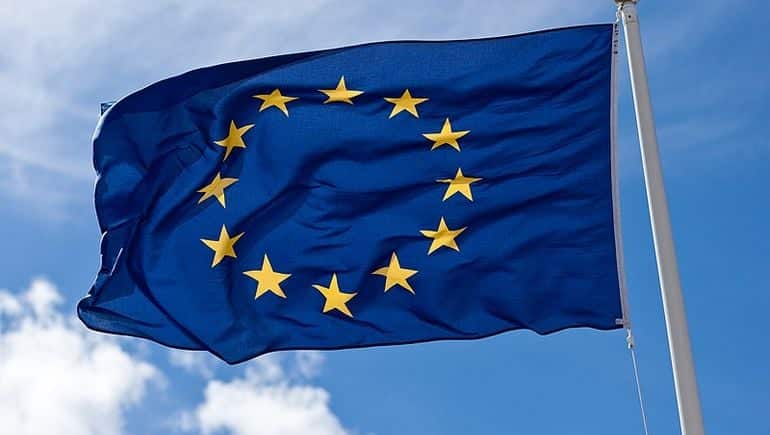EU officials are once again looking to hold social platforms to the letter of the law of their new Digital Services Act (DSA), with official requests sent to both Meta and TikTok, asking them to explain how they’re dealing with the influx of mis- and disinformation around the Israel-Hamas conflict.
Various reports have indicated that social media platforms are being used to amplify propaganda, with Hamas militants even accessing the social media accounts of hostages, and the dead, to share disturbing content.
EU officials, under the more stringent DSA laws, want to ensure that the major online platforms are working to address this, in order to limit the weaponization of social apps, and harmful exposure to European users.
As reported by BBC:
“Previously [Meta and TikTok] were given 24 hours to provide answers to the bloc’s concerns. But that request did not carry legal force, whereas this latest demand does. Both firms have a week to respond. Under its new tech rules, the EU can open a formal investigation if it is unsatisfied with their responses.”
That, ultimately, could result in fines equivalent to 6% of each platform’s total global revenue.
The Israel-Hamas war is more online than ever, with militant forces now well aware of the influence that social platforms can have in swaying opinion, and opposition morale, within the conflict. As such, every platform needs to be as proactive as possible in combating threats, but with so many possible attack vectors in this respect, it’s very difficult, and labor intensive, to mitigate each concern.
X, which is also under an EU directive to outline its efforts, may have a bigger challenge on its hands due to its recent staff cuts, which have seen the platform put more reliance on crowd-source fact-checks, via Community Notes, as a result.
But the Community Notes process, which requires contributor consensus, is likely not up to the task as required by EU law, while Meta and TikTok both have many more staff working to address each element, which could hold them in better stead.
We’ll find out soon, with each platform to share more insight with EU regulators over the next week.



